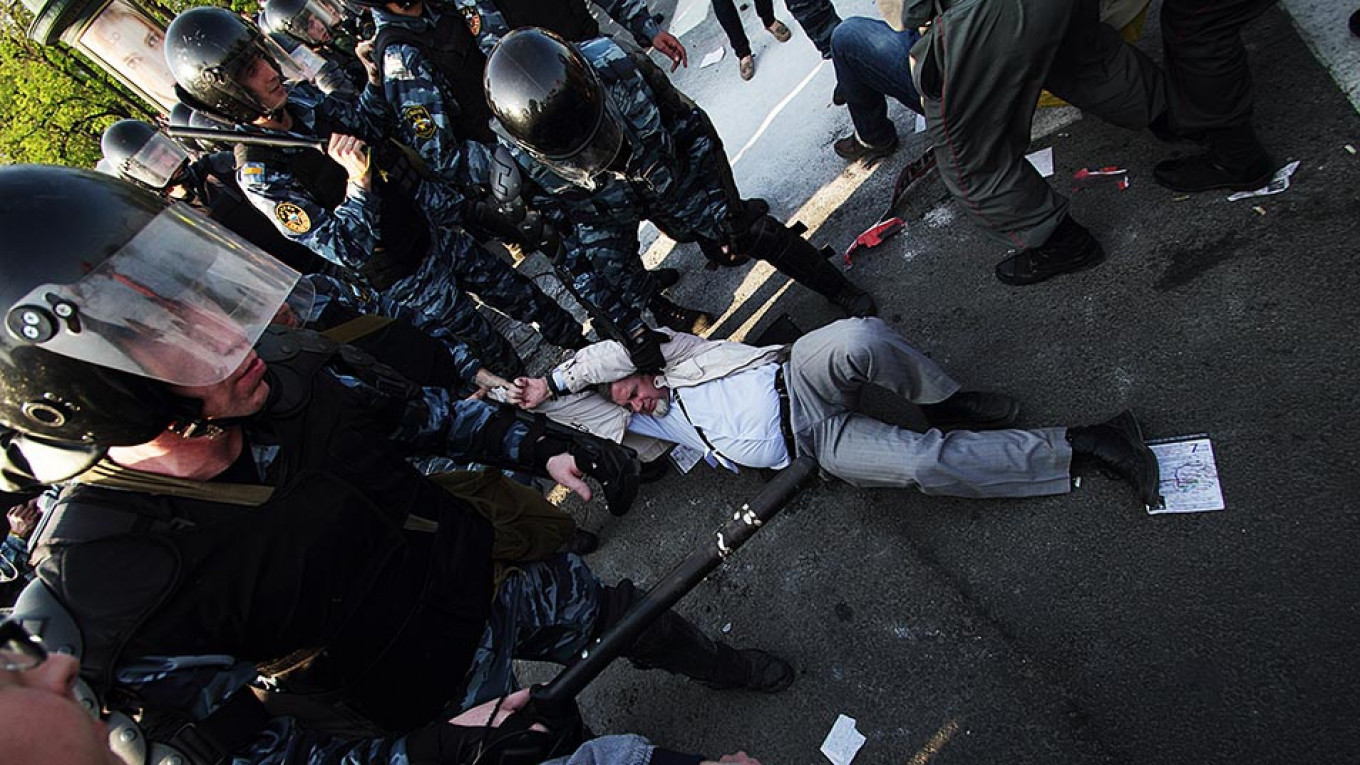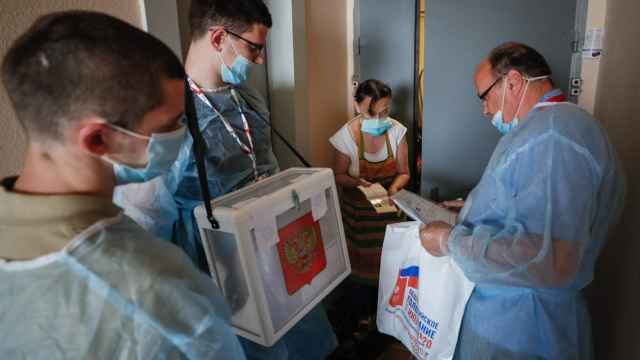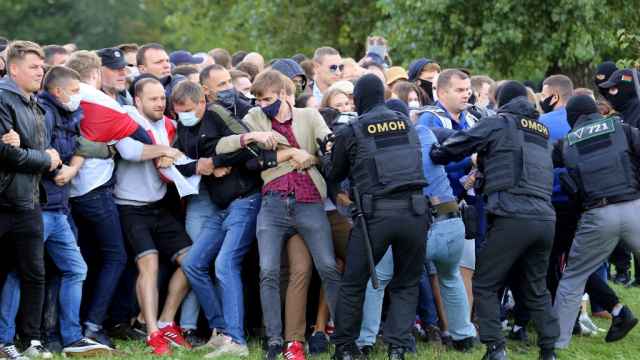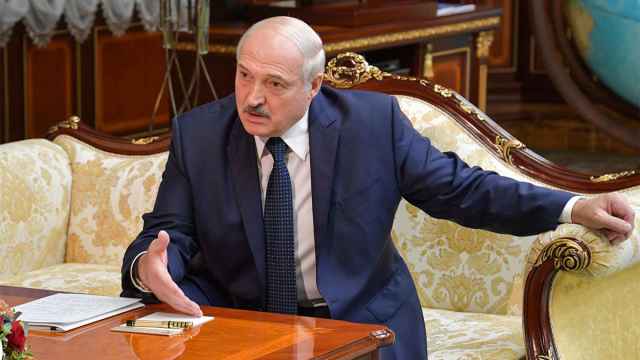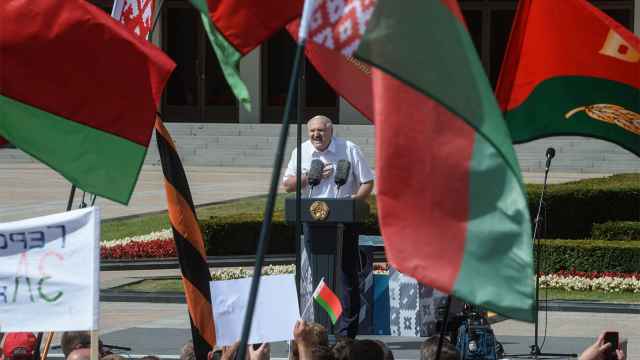A new report authored by analysts who correctly predicted mass anti-government rallies in 2012 has said that the potential for new nationwide protests against the Russian government is growing.
The report’s authors — economist Mikhail Dmitriyev and sociologist Sergei Belanovsky — detailed plummeting support for the ruling elite and growing public discontent in March 2011, less than a year before anti-Kremlin protests broke out.
This year, Dmitriyev, Belanovsky and psychologist Anastasia Nikolskaya said Russians were shifting their focus from pride in military might to domestic issues.
Russia’s new law delaying the working population’s retirement age by five years has triggered dormant anti-government attitudes to potentially long-term unrest, they said in the report published Thursday.
The authors identified three major indicators of looming protests: major readiness for change, growing demand for “justice” and a shift toward self-reliance.
“Readiness for rapid and adventurous changes coupled with calls for abstract justice points toward a growing desire to seek unrealistic social and economic solutions while ignoring their risks and possible costs,” the report states.
The authors said their research methods – combining focus groups with psychological tests and existing sociological research – helped them accurately predict mass protests in 2011.
Belonovsky told the RBC news website that existing financial, social and environmental issues could contribute to widespread unrest.
“There are risks that if the number of such incidents exceeds a critical mass of 10-20 at one time, the federal authorities won’t be able to cope,” he said.
The report was published by the Committee of Civil Initiatives, founded by former Finance Minister and Russia’s current chief auditor Alexei Kudrin.
A Message from The Moscow Times:
Dear readers,
We are facing unprecedented challenges. Russia's Prosecutor General's Office has designated The Moscow Times as an "undesirable" organization, criminalizing our work and putting our staff at risk of prosecution. This follows our earlier unjust labeling as a "foreign agent."
These actions are direct attempts to silence independent journalism in Russia. The authorities claim our work "discredits the decisions of the Russian leadership." We see things differently: we strive to provide accurate, unbiased reporting on Russia.
We, the journalists of The Moscow Times, refuse to be silenced. But to continue our work, we need your help.
Your support, no matter how small, makes a world of difference. If you can, please support us monthly starting from just $2. It's quick to set up, and every contribution makes a significant impact.
By supporting The Moscow Times, you're defending open, independent journalism in the face of repression. Thank you for standing with us.
Remind me later.


